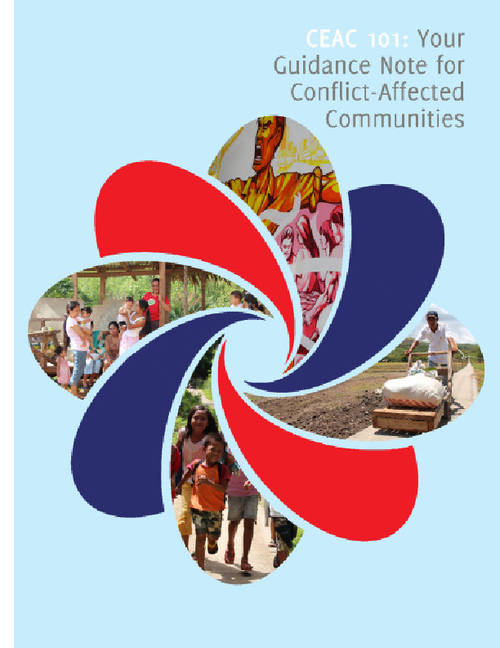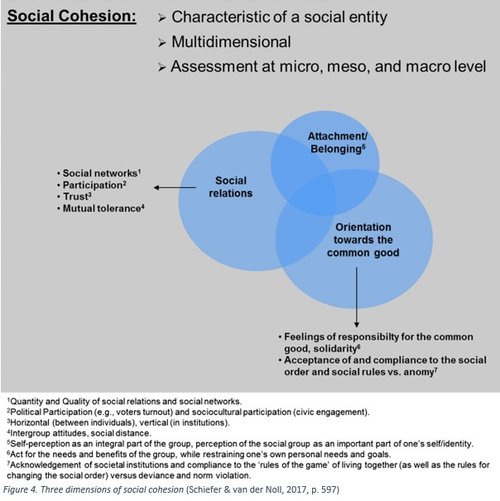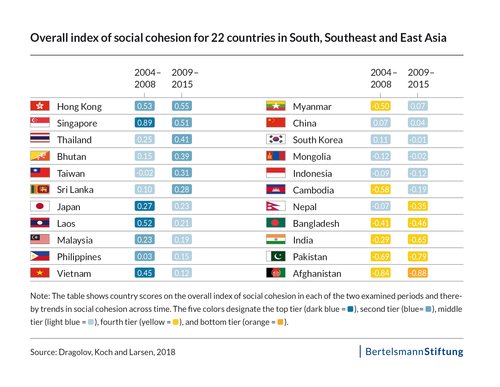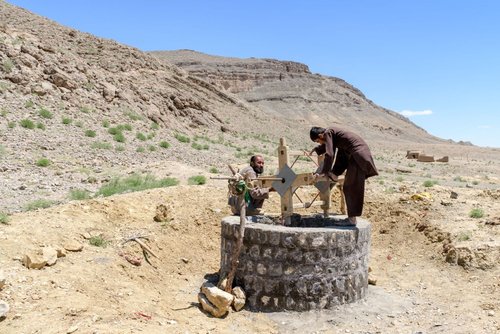Economic Transfers and Social Cohesion in a Refugee-Hosting Setting
Key facts
Identity/feeling of belonging
Solidarity
Cooperation
Tolerance
Flight & migration
Political institutions & governance
Summary
There is increasing interest in understanding if social protection can foster social cohesion, particularly between refugees and host communities. Using a cluster randomised control trial, this study examines if a short-term transfer programme targeted to Colombian refugees and poor Ecuadorians in urban and peri-urban areas of northern Ecuador led to changes in social cohesion measures. The overall results suggest that the programme contributed to reported improvements in social cohesion among Colombian refugees in the hosting community through enhanced personal agency, attitudes accepting diversity, confidence in institutions, and social participation. However, the programme had no impact on social cohesion among Ecuadorians. The programme had no negative impacts on the indicators or domains analysed. Although it was not possible to identify specific mechanisms, impacts are hypothesised to be driven by the joint targeting of Colombians and Ecuadorians, the interaction between nationalities at monthly nutrition sessions, and the messaging around social inclusion by programme implementers.
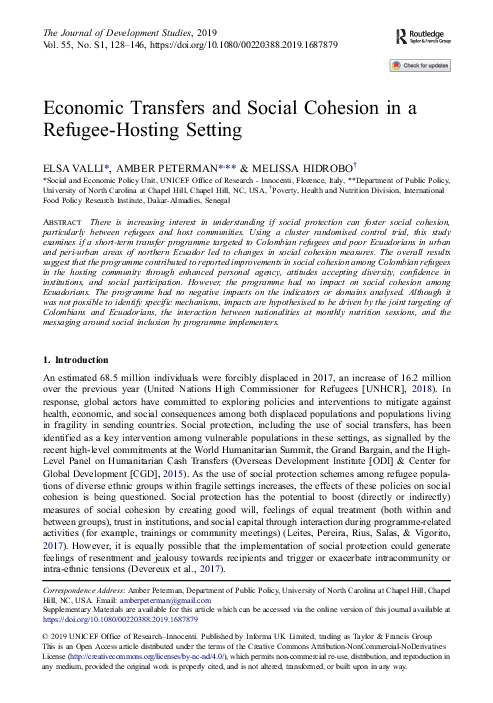
Explore the hub further
